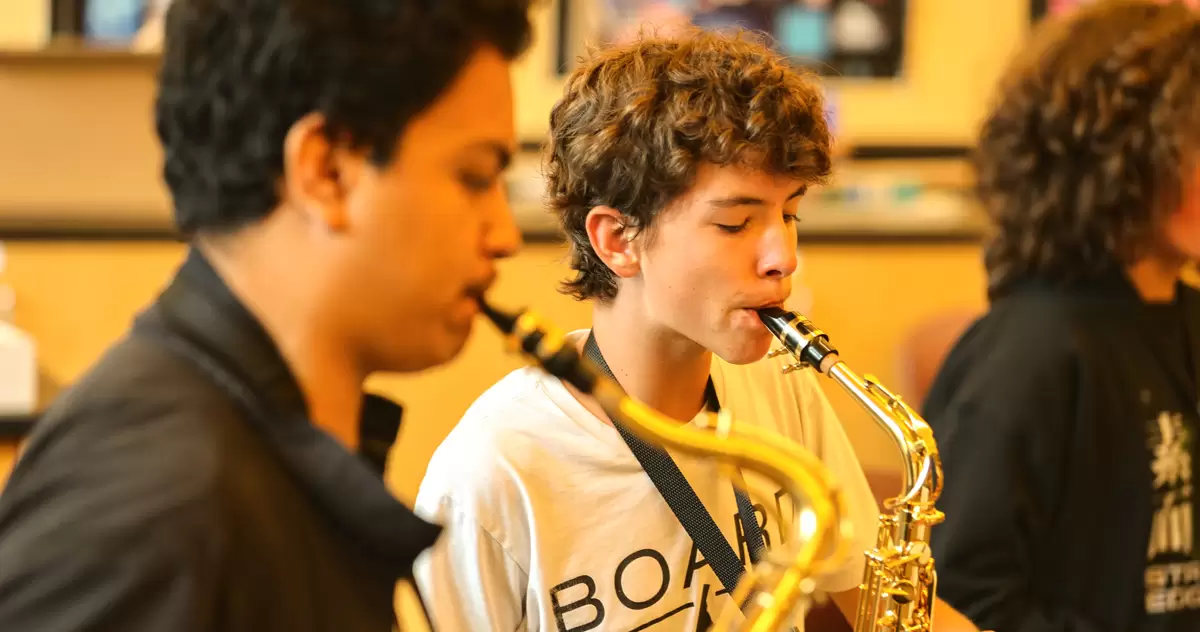The COVID-19 pandemic took the wind out of the sails of many performing arts classes, particularly in middle and high schools. Programs are rebuilding but it will take time and encouragement to restore participation to pre-pandemic levels. Face it, when you take performing out of performing arts, it is hard to hold students’ interest in the programs!
The impact of music on brain development has been widely researched. Studies indicate that students in school music education programs are more successful than their counterparts who are not. Music education promotes a wide range of skills by engaging both the creative and analytical parts of the brain. Below are examples of how musical training improves students’ learning and growth, and why music education is an important part of development.
